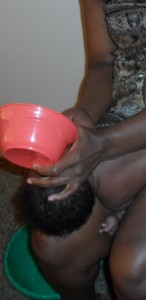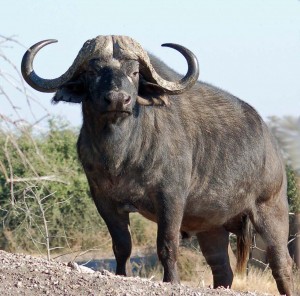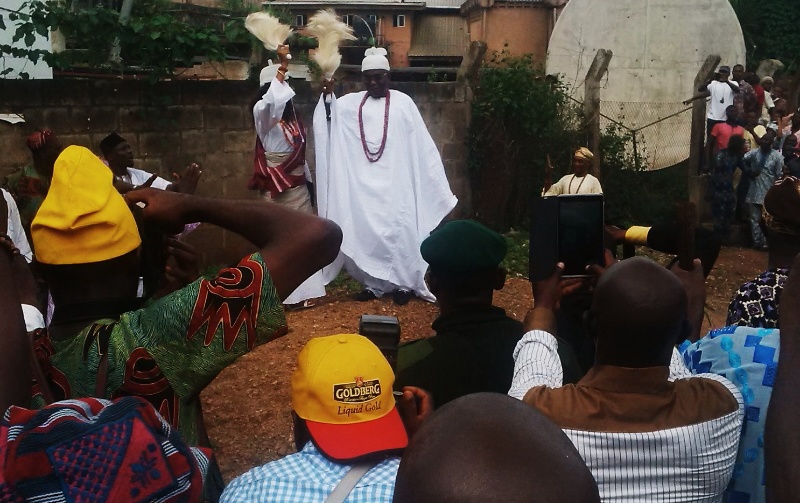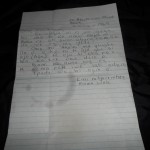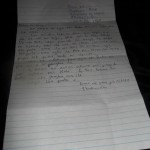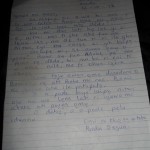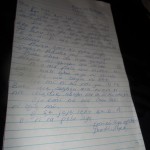Oriṣiriṣi ènìyàn miran tiki sọmọ Yorùbá pọ ni ìlú nla bi ti Èkó tàbí àwọn olú ìlù nla miran ni agbègbè ilẹ Yorùbá (fun àpẹrẹ: Abéòkúta, Adó-Èkìtì, Akurẹ, Ibadan, Oṣogbo, àti bẹ́ẹ̀bẹ́ẹ̀ lọ). Gẹ́gẹ́bí Wikipedia ti kọ, ni orílẹ̀ èdè Nàíjírià, èdè oriṣiriṣi lé ni ẹ̃dẹgbẹta lélógún, meji ninu èdè wọ̀nyí ko si ẹni to nsọ wọn mọ, mẹsan ti parẹ́ pátápáta. Eleyi yẹ ko kọwa lọgbọn lati dura ki èdè Yorùbá maṣe parẹ.
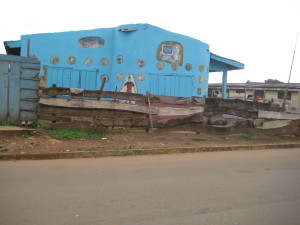
Ilé-ìwé alakọbẹrẹ ti àwọn ènìà nda silẹ – Private Primary School. Courtesy: @theyorubablog
A ṣe àkíyèsí wipé ọ̀pọ̀lọpọ̀ ilé-ìwé alakọbẹrẹ ti àwọn ènìà nda silẹ ti ki ṣe ti Ìjọba, kò gba àwọn ọmọ láyè lati kọ tàbi sọ èdè Yorùbá ni ilé ìwè. Eleyi lo jẹ ikan ninu ìdí pípa èdè Yorùbá tàbi èdè abínibí yoku rẹ. Bí àwọn ọmọ ba délé lati ilé ìwè, èdè gẹẹsi ni wọn mba òbí sọ nítorí ìbẹrù Olùkọ wọn to ni ki wọn ma sọ èdè abínibí. Bi òbí ba mba wọn sọ èdè Yorùbá (tàbí èdè abínibí) àwọn ọmọ yio ma dahun lédè gẹẹsi. Ọ̀pọ̀lọpọ̀ Olùkọ́ ti o ni ki àwọn ọmọ ma sọ èdè Yorùbá wọnyi, èdè gẹ̀ẹ́sì ko ja gẽre lẹnu wọn, nítorí èyí àmúlùmálà ti wọn fi kọ́mọ, ni àwọn ọmọ wọnyi nsọ. Kíkọ, kíkà èdè Yorùbá ko di ọmọ lọ́wọ́ lati ka ìwé dé ipò gíga.
Ọmọdé lo ma tètè gbọ èdè ti wọn si le yara kọ òbí. Ìjọ̀gbọ̀n ni èdè aiyede ma nda silẹ nitorina ẹ majẹ ki a di àwọn ọmọ lọ́wọ́ ṣùgbọ́n, ka ran wọn lọ́wọ́ fún ìlọsíwájú èdè Yorùbá. Ó sàn ki gbogbo ọmọ tó parí ìwé mẹfa le kọ, ki wọn le kà Yorùbá tàbi èdè abínibí ju pé ki wọn ma le kọ, ki wọn ma lèkà rárá. Bi ọ̀pọ̀lọpọ̀ oníṣé ọwọ́, oníṣòwò àti àgbẹ̀ bá lè kọ́ lati kọ àti lati ka èdè Yorùbá ni ilé-ìwé ẹ̀kọ́ àgbà tàbi lẹ́hìn ìwé-mẹ́fà, á wúlò fún ìlú. Fún àpẹrẹ, wọn a le kọ orúkọ ní Ilé Ìfowópamọ́, kọ ọjọ́ ìbí ọmọ wọn sílẹ̀, kọ nípa iṣẹ́ wọn sí ìwé àti bẹ̃bẹ̃ lọ. Ẹnití o le kọ, tó lè kà Yorùbá kúrò ní alãikàwé/alãimọ̀wé bí o tilẹ̀ jẹ́ pe ko le kọ tàbí ka gẹ̀ẹ́sì.
ENGLISH TRANSLATION
There are many people who are not of Yoruba parentage in major cities like Lagos and other big Cities in Yoruba geographical areas (for example: Abeokuta, Ado-Ekiti, Akurẹ, Ibadan, Oṣogbo etc). According to Wikipedia, there are more than 520 languages in Nigeria, 2 of these languages are no longer spoken by anyone, 9 is totally extinct. This should teach us a lesson to struggle to ensure Yoruba does not go into extinction. Continue reading →
Originally posted 2014-12-30 22:40:42. Republished by Blog Post Promoter




